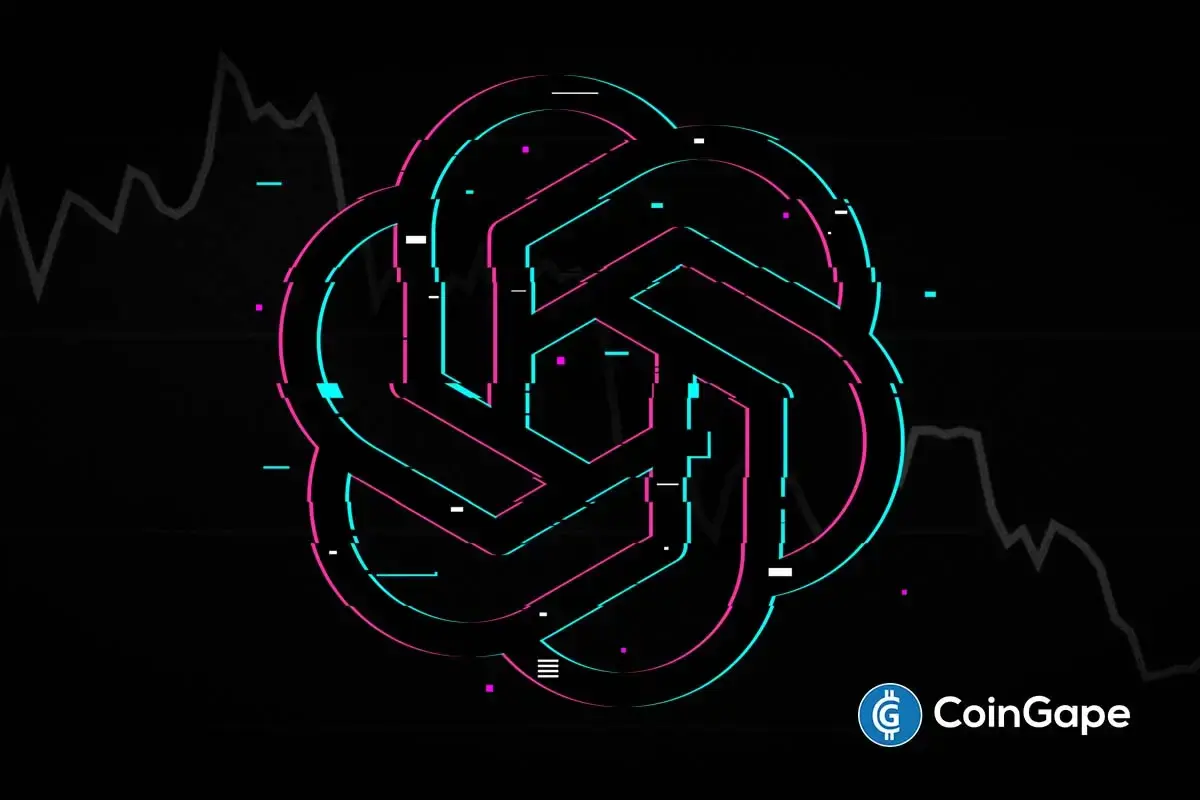EU To Announce Landmark Act On Regulating ChatGPT and AI Tech

As new developments within the artificial intelligence (AI) space proceed at lightning speed, the European Union is also nearing a landmark deal in order to regulate platforms like ChatGPT and other AI tech.
EU Lawmakers Discuss Regulation ChatGPT
In a prolonged session on Wednesday, December 6, negotiators have reached a consensus on regulations for generative artificial intelligence (AI) tools like OpenAI Inc.’s ChatGPT and Google’s Bard. This agreement, achieved through discussions involving delegates from the European Commission, the European Parliament, and 27 member countries, brings them closer to finalizing the AI Act, a comprehensive piece of legislation.
The negotiations, which began on Wednesday afternoon, highlight the complexity of the AI regulation debate. The proposed AI Act will be a crucial step in establishing landmark AI policies that will set the tone for regulating generative AI tools globally.
Also, the discussions reveal the challenges faced by policymakers in finding a balance between protecting European AI startups and addressing potential societal risks. The ongoing effort to finalize the AI Act reflects the urgency to pass regulations before the upcoming European elections in June, which could bring about changes and hinder progress.
Interestingly, the discussions took place just on the day when Google teased new capabilities with Gemini AI. Also, it happens days after a major drama unfolded at OpenAI with the ouster of Sam Altman, and reinstating him back a few days later.
EU Members at Odds Over AI Regulations
The European Union, alongside the US and UK, grapples with the challenge of striking a balance between safeguarding its AI startups, such as France’s Mistral AI and Germany’s Aleph Alpha, and addressing potential societal risks.
This struggle has become a pivotal point of contention in negotiations, with countries like France and Germany expressing opposition to rules that could unfairly disadvantage local companies. Officials were increasingly optimistic about reaching a deal by early Thursday, although the technical intricacies of the act still required further discussion in subsequent meetings.
EU policymakers have put forth a proposal outlining requirements for developers of AI models, including those powering tools like ChatGPT. The plan entails maintaining information on model training, summarizing copyrighted material usage, and labeling AI-generated content. Additionally, systems deemed to pose “systemic risks” would need to collaborate with the commission through an industry code of conduct, monitoring and reporting any incidents arising from the models.
Play 10,000+ Casino Games at BC Game with Ease
- Instant Deposits And Withdrawals
- Crypto Casino And Sports Betting
- Exclusive Bonuses And Rewards

- Breaking: Morgan Stanley Applies For Crypto-Focused National Trust Bank With OCC
- Ripple Could Gain Access to U.S. Banking System as OCC Expands Trust Bank Services
- $2T Barclays Explores Blockchain For Stablecoin Payments and Tokenized Deposits
- Breaking: U.S. PPI Inflation Rises To 2.9%, BTC Price Falls
- XRP News: Ripple-Backed Ctrl Alt Completes $280M in Diamond Tokenization on XRPL
- Top Analyst Predicts Pi Network Price Bottom, Flags Key Catalysts
- Will Ethereum Price Hold $1,900 Level After Five Weeks of $563M ETF Selling?
- Top 2 Price Predictions Ethereum and Solana Ahead of March 1 Clarity Act Stablecoin Deadline
- Pi Network Price Prediction Ahead of Protocol Upgrades Deadline on March 1
- XRP Price Outlook As Jane Street Lawsuit Sparks Shift in Morning Sell-Off Trend
- Dogecoin, Cardano, and Chainlink Price Prediction As Crypto Market Rebounds

 Buy $GGs
Buy $GGs

















